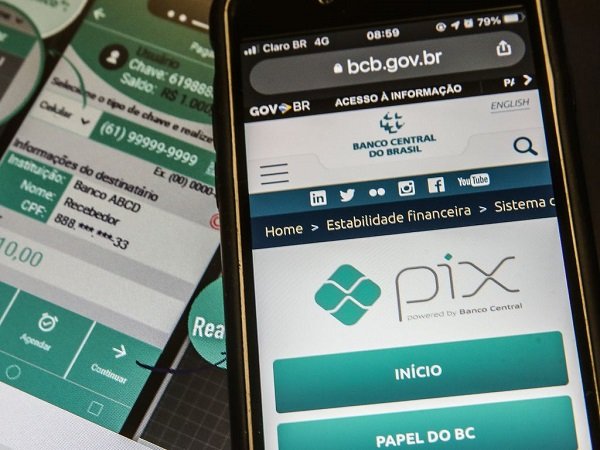The Central Bank has determined that financial institutions must send a scam alert to customers in cases of atypical transactions via Pix. The new rule will come into effect in 2025 after the publication of changes to the system’s user manual.
This Content Is Only For Subscribers
To unlock this content, subscribe to INTERLIRA Reports.
Bank Autonomy
According to the monetary authority, each institution will have the autonomy to define premises, parameters, and criteria for sending the alert to users. The measure was a recommendation from the Pix Strategic Security Group, coordinated by the BC and served by Febraban (Brazilian Federation of Banks). The monetary authority, in turn, decided to accept it as an obligation.
System Improvements
The BC has been discussing improvements to the instant payment system to ensure greater security in Pix transactions and prevent fraud. According to data from the institution, approximately 3 million requests for refunds of funds due to fraud were made between January and August of this year.
Additional Security
Starting 1 November, financial institutions must implement additional security solutions for processes related to Pix keys and for inflow and outflow operations. For example, Pix transactions cannot be initiated or received by accounts of users identified as suspected fraudsters or shell accounts – opened by criminals in the name of other people.
Record Number of Transactions
On 6 September, when Pix reached a new record number of transactions in a single day, with 227.4 million operations, R$108 billion moved through this method.
Analysis:
The new measures by the Central Bank (BC) to combat fraud in Pix transactions mark a significant advancement in enhancing financial security in Brazil. The introduction of scam alerts for atypical transactions, set to begin in 2025, highlights the need for proactive fraud detection. However, allowing financial institutions to define their criteria for these alerts poses a challenge, as varying levels of protection may emerge. Establishing minimum security standards could ensure more consistent fraud prevention across the sector.
The record-breaking number of Pix transactions on 6 September, exceeding R$108 billion, emphasizes the urgency of securing the system as its usage grows. With the increasing risk of fraud, financial institutions and regulators must collaborate on creating robust and uniform security measures to protect users effectively.
Sources: A Folha de SP; Infomoney; CNN Brasil.




